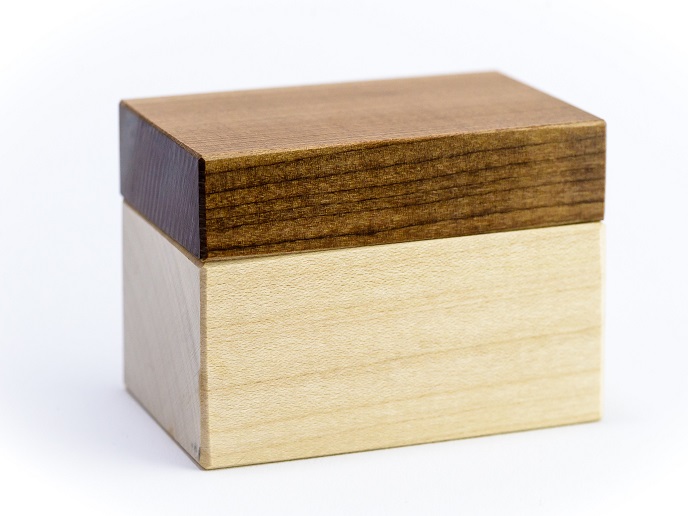Meet Sonowood: A sustainable alternative to tropical woods
Tropical woods are traditionally used for the construction of musical instruments because of their resistance to moisture, high hardness and acoustic properties, amongst other features. They are also highly sought after in other fields, such as jewellery and sports equipment production. However, some tropical wood species are now critically endangered due to global overexploitation, pushing forward the urgent need for sustainable alternative materials to replace them. Offering such a solution is Swiss Wood Solutions AG(opens in new window). They have developed a technologically augmented wood material made of European wood species from certified sustainable forests, called Sonowood(opens in new window). “In the EU-funded TEEWood project, we aimed to scale up the technology for extensive exploitation of the market of wooden musical instruments, but also to enter other application fields, such as wooden sports equipment,” explains Munish Chanana, project coordinator and head of research and development at Swiss Wood Solutions AG. Specifically, the project sought to upscale product dimensions and the production volume and to validate and certify the utilisation of the material in various applications. They also aimed to reach market entry for Sonowood and expand sales worldwide.
Helping to preserve tropical forests
“From a technical point of view, we have shown that the process of modifying domestic wood to maintain or even exceed the physical mechanical properties of tropical wood is scalable, for both dimensions and production volume. It is, therefore, feasible to reach material dimensions, opening up new application fields for densified wood,” confirms Chanana. The project has also established that Sonowood(opens in new window) is a viable alternative to tropical woods. In terms of aesthetics and performance, it is a true alternative. Sonowood is not a composite material but fully authentic wood, and like wood, it is made from bioresources and is biodegradable. In addition, its high density provides superior mechanical and acoustic properties. The densified wood is more resistant when compared to native wood, which means better resistance to UV exposure, abrasion, temperature, humidity, etc. “By using such a product, we avoid using endangered wood species and contribute to the preservation of biodiversity in tropical forests,” outlines Chanana. Sonowood, which is currently being sold to retailers and musicians all around the world, can also be a real game changer in helping to stop the illegal exploitation of forests.
Expanding the reach
There is a clear shift in paradigm in society towards the use of sustainable materials. “Our project’s work has already started and will continue to contribute to the growing awareness for substitute materials. Our technologically enhanced wood has a great potential to replace not only endangered tropical woods but also other raw materials, including metals (e.g. aluminum) and plastic (PVC) materials,” highlights Chanana. Experience and results from the project helped the TEEWood consortium identify new application areas for their densified wood material. “We are currently developing the technology to manufacture wooden cards(opens in new window), which will replace plastic cards in a variety of applications, such as payment cards, access cards, etc.,” notes Chanana. In parallel, they are also developing new composite materials based on densified wood for sports applications. “Our thoughts are now oriented towards this great challenge: Where would it make sense to position densified wood materials against other, energy-intensive and environmentally unfriendly, raw materials? And how could we make it competitive, especially from an economic point of view?” concludes Chanana.







